This is one of the best defense of biblical inerrancy: short, concise to the point by one of the world’s leading apologist and cofounder of Southeastern Evangelical Seminary.
Norman Geisler’s website – http://www.normgeisler.com and Norman Geisler page on Wikipedia – http://en.wikipedia.org/wiki/Norman_Geisler. Dr. Geisler has authored 82 books (including many textbooks) and has contributed to doeznes of other books, and has debated extensively (source here).
October 18, 2011 at Woodside Bible Church.
Three reasons why Norman Geisler believes the Bible cannot err:
(1) God, the Father
 God cannot err. The Bible is the word of God. Therefore the Bible cannot err. Now one of my professors, Howard S. used to say, „The next best thing, besides godliness for a christian is logic. Get your life cleaned up and get your mind cleared up . If God can’t err, then the Word of God can’t err because it is the word of the God who can’t err. And if the Bible is the word of God, then the Bible which is the word of God can’t err. There are only a limited number of ways you can avoid this logic because if God can’t err, then the word of God cannot err and if the Bible is the word of God, then the Bible cannot err. The only way you can escape this is to say: God can err (to deny that God can err) or deny that the Bible is the word of God or deny both.So, here’s my challenge to anyone in the christian community who believes that the Bible has any error in it: Do you believe God erred or don’t you believe that the Bible is the word of God? Because, if you believe that God cannot err and the Bible is the word of God, you must believe that the Bible cannot err.
God cannot err. The Bible is the word of God. Therefore the Bible cannot err. Now one of my professors, Howard S. used to say, „The next best thing, besides godliness for a christian is logic. Get your life cleaned up and get your mind cleared up . If God can’t err, then the Word of God can’t err because it is the word of the God who can’t err. And if the Bible is the word of God, then the Bible which is the word of God can’t err. There are only a limited number of ways you can avoid this logic because if God can’t err, then the word of God cannot err and if the Bible is the word of God, then the Bible cannot err. The only way you can escape this is to say: God can err (to deny that God can err) or deny that the Bible is the word of God or deny both.So, here’s my challenge to anyone in the christian community who believes that the Bible has any error in it: Do you believe God erred or don’t you believe that the Bible is the word of God? Because, if you believe that God cannot err and the Bible is the word of God, you must believe that the Bible cannot err.- Jesus said, „Your word is truth.” Not ‘has truth here and there’ but, ‘is truth’. The Psalmist said, „The sum of your word is truth- the whole thing. The apostle Paul said, „Let God be true and every man a liar”. And Titus says,”..the God who cannot lie”. Hebrews 6:18 says, „It is impossible for God to lie.
- One thing is certain: that the God of the Bible cannot err. He’s all knowing. Now, here’s a question. Ask it to anyone who thinks the Bible has errors. How many errors can an omniscient, all knowing mind make? Zero. How many errors can He make in geography or history? Zero. How many errors can He make in science? Zero. If God is God and He is all knowing, then God cannot err.
- And, if the Bible is the word of God, and Jesus said it was, then the Bible can’t err. Jesus said, „If he called them gods unto whom the word of God came and the Scriptures cannot be broken”. Paul said, „All Scripture (the entire Old Testament) is given by inspiration of God (breathed out by God). The Bible is the Word of God, it claims to be. The God of the Bible is without error.
(2) God, the Son
- Whatever the Son of God affirmed as true is true. Jesus affirmed the Bible is the word of God. Therefore it is true that the Bible is the word of God. But, the word of God cannot err. Therefore the Bible cannot err. Now, the reason I think this argument is so powerful is because if you deny that the Bible is the word of God, you have to deny that Jesus is the Son of God. And, if you accept Jesus as the Son of God, you have to acknowledge that the Bible is the word of God and the word of God cannot err.
- Read the red letter Bible. Sometime when you have a rainy day get yourself a red letter edition of the Bible, where Jesus’s words are all in red in the Gospels and just read His words. Skip the black (words) and just ask one question: What did Jesus think about the Bible? Because, if He is the Son of God, and He was confirmed by acts of God, and fulfilled prophesies of God, and lived a sinless life from God, and He must therefore be the Son of God. If He’s the Son of God, then whatever He says about the Bible is true.
- Jesus said the Bible has divine authority. Here’s what He said, He says the Bible has divine authority three times. This is the most often repeated phrase in the Bible with divine doctrinal significance: „It is written”. It is almost always in the perfect tense. It was written in the past and it stands written in the present. He rebuked the devil with it three times in Matthew 4:4,7 and and 10. He rebuked the Pharisees, He established His doctrine. Jesus used the Bible as His final authority and He said it’s the last word on every topic. He also said the Bible’s indestructible in the sermon on the moun- loved by critics of the Bible, even Gandhi loved the sermon on the mount. Well, here’s what He said, „Heaven and earth will pass away, but, God’s word will never pass away.” Not a jot or a tittle, not the smallest Hebrew letter or the smallest part of the hebrew letter, not a dotting of an ‘i’ or a crossing of a ‘t’, as we would say in English; it’s indestructible.
- Jesus also said the Bible’s unbreakable. He said, „The Scripture cannot be broken”. It is infallible, unbreakable, Jesus also said the Bible has ultimate supremacy: You take the traditins, the teachings of your forefathers,” said Jesus, „you make the word of God void”. It has ultimate supremacy over all human teaching. He said the Bible is historically reliable. Now, I think Jesus deliberately took the most disputed passage of the Old Testament and affirmed them as true, just to baffle the critics. In Matthew 12:40 He said, „Just as Jonah was three days and three nights in the belly of the great fish, even so, the son of man will be three days and three nights in the heart of the earth”. You know why I believe Jonah? Because Jesus said it, I believe it and that settles it for me. We used to sing that chorus. In fact, you can skip the second line: Jesus said it and that settles it. It doesn’t matter if you believe it or not. Jesus said there was Noah and a flood in Matthew 24: Just as it was in the days of Noah, so it will be in the days of the coming of the son of man. Jesus affirmed the historicity of Jonah and Noah, and Adam and Eve. In Matthew chpater 9, we’ll quote in a moment. He said the Bible is historically reliable.
- Jesus affirmed the scientific accuracy of the Bible. Now, what’s the most disputed part of the Bible scientifically? The first 3 chapters of Genesis. Here’s what Jesus said about it when they came to Him with a question: Is it right or wrong to divorce your wife for any cause? That’s a moral question, right? He gave them a scientific answer: God created Adam and Eve, male and female. You come to Him with a little question about a literal couple and whether they should literally separate when God has literally brought them together and I tell you, „God created Adam and Eve and brought them together,” He said, „for this cause, shall man leave his father and mother and cleave to his wife, and whomever God joined together, let not man put asunder”. If Jesus is wrong about that, you can’t trust Him on moral matters. In fact, Jesus even said, „If you can’t trust me on historical and geographical, and factual matters, how can you trust Me on spiritual matters?
- If you can’t trust Jesus when He tells you how the heavens go, how can you trust Him when He tells you how to go to heaven? John 3:12 – „If I have told you earthly things and you don’t believe, how will you believe if I tell you heavenly things?
- Jesus said the Bible is factually inerrant, without error. He looked at the Sadducees- they didn’t believe in the resurrection- and He looked right at them and He said, „You do err, not knowing the Scriptures or the power of God. You do err not knowing the Bible, which doesn’t err by implication (because it would have been silly for Jesus to say: You do err by not knowing the bible- which also has errors, by the way). No, He affirmed the divine authority, indestructibility, unbreakability, ultimate supremacy, historical reliability, scientific accuracy, and factual inerrancy of the Bible. (It’s a) painful dilemma for the critics. If Jesus is the son of God, then the Bible is the word of God. And, if the Bible’s not the word of God, then Jesus is not the Son of God.
- Bad argument – to err is human, to love is divine. Now, here’s a bad argument you sometimes hear people say: Well, the Bible’s also the words of human beings. It has 40 different authors who wrote with human languages, you’re talking about different topics and human beings err. Therefore the Bible errs. After all ‘to err is human, to love is divine’. That’s a bad argument. Why? The second premise is bad: Human beings err, but, human beings don’t always err and human beings did not err when moved by the God who cannot err. Even human beings without special divine aid can write errorless books. How much more by divine aid can they produce an errorless book? You say: How can God do that? How can God make a perfect book through imperfect authors? Well, God can draw a straight line with a crooked stick. You can draw a straight line with a crooked stick, right?
- So, God has no problem using an imperfect author and producing a perfect product. Here’s what Jesus said, „But, the comforter, which is the Holy Ghost shall teach you all things”. That’s how they did it. They had a divine teacher. How many mistakes can an omniscient being make? None. „And He will bring all things to your remembrance, whatsoever I have said unto you”. Now, people say: But the Bible wasn’t written til at least 30 or 40 or 50 years after Jesus’ time. How could they remember that long? Well, it just so happens that I can remember things that I heard here, in Detroit, just after I graduated from high school, from a youth leader named Don L. and he told some jokes that I remembered word for word for 60 years. Now, you think, if you lived 3 1/2 years with Jesus, the son of God who lived a sinless life, who performed miracles, who walked on water, turned water into wine, who died, who rose form the dead, who totally transformed your life, do you think you’d have any problem remembering His words? What He said, 10 or 20, or 40, or 50 years later? To say nothing of the fact that the holy spirit is with you to bring to your remembrance whatever He said to you. Peter said this: For the prophecy came at an old time, not by the will of men- nobody sat down and said: I’m gonna write a book for the Bible, I’m gonna write a book for God- No, „the prophecy came at an old time, not by the will of man, but holy men of God spoke as they were moved by the Holy Ghost”. They were moved upon by God. Luke wrote, „God spoke by the mouth of His holy prophets long ago”.
- The living word (Jesus) and the written word (Bible). Now here’s a good analogy: The living word and the written word. The Savior and the Scriptures. The living word of God has a divine nature and the Bible has a divine dimension. It’s God’s word. The living word of God has a human nature in Jesus and the Bible has a human side- it was written by human beings. The living word of God combined His divine and human nature in one person. He was both divine and human, but one person. The Scriptures combine the divine and human in one set of propositions or words. Jesus was without sin and the Bible is without error. If a divine and human living word can combine the two in one person without sin, and still be 100% human and 100% God, why can’t the Scriptures be 100% human and 100% divine combined in one set of propositions? Jesus was without sin. He had so sin. He was without blemish or defect. He is righteous, He is pure. The Bible is very clear about that. And it’s equally clear that this is a God breathed book (2 Timothy), it comes out of the mouth of God, it’s perfect. Psalm 19 says, „The law of the Lord is perfect”.That’s the same word for the passover lamb, being without spot or blemish- is flawless and it cannot be broken. Yes, there is a difference between the Bible and Christ. The Bible is not God and you should not worship the Bible. Jesus is God and you should worship Jesus. So, we acknowledge there’s a difference. But, both are the word of God. Jesus is the word of God in human form, the Bible is the word of God in human form, therefore both are flawless. It is a good analogy, not a bad analogy.
(3) God, the Holy Spirit
- The logic of the argument– The spirit of truth cannot utter error. The Bible is the utterance of the spirit of truth, therefore the Bible cannot err. Now, how do we know the Bible is a spirit uttered book? Listen to the deathbed testimony of the man who wrote 72 of the 152 psalms: The Spirit of the Lord spoke by me and His word was on my tongue”. Beautiful example of what the divine and human do as they combine. „It’s His word, but, it was on my tongue”. „It is written, man shall not live by bread alone, but by every word that proceeds out of the mouth of God”. This book (the Bible), every word proceeded form the pens of human authors. But, it also proceeded from the mouth of an infallible God. „How is it that when the spirit of truth comes He will guide you into all truth? Not in words, which man’s wisdom teaches, but, in words which the Holy Spirit teaches”. I’m always amused, people will attack the apostle Paul, „He’s just giving his opinion in 1 Corinthians”. Does this sound like an opinion: These are words taught by the Holy Spirit..” In chapter 7 he says, „I have the Spirit on this matter,” and in chapter 14 when he signs off when he says, „What I’ve written to you is the command of God”. They weren’t just Paul’s words, they were God’s word as well.
- All of Scripture is given by inspiration of God. So, the Bible is a spirit uttered book, but the spirit of truth cannot err. If the Bible is the utterance of the spirit of truth, therefore the Bible cannot err.
Conclusion
The Bible can’t err because the Bible is the word of God and God can’t err, therefore, the Bible cannot err. Three reasons to believe in the inerrancy of the Bible: God the Father, God the Son and God the Holy Spirit. So, if you deny that the Bible is inerrant, if you say there is one little error anywhere in the Bible it is an attack on the authenticity of God the Father, the authority of God the Son and the ministry of the Holy Spirit.
Why do I say that? I am trying to avoid a very foolish conclusion that I hear some people saying today: Well, you can trust the Bible on spiritual matters, but, you can’t trust it on scientific or historical matters. Hey, if there’s one error in the Bible then you’ve impugned the authenticity of the Father, the authority of the Son and the ministry of the Holy Spirit. In other words, you’ve launched an all out attack on the holy trinity.
It’s not a small thing to deny the inerrancy of the Bible. Psalm 11:3 says, „If the foundation be destroyed, what shall the righteous do? Question: Is it dangerous to live down stream from a cracked dam? Answer: You bet! There are people who say, „Look it doesn’t matter if there are little, tiny errors in the Bible, don’t worry about it”. Well I do, because if God can make an error anywhere, then He’s not God, and this is not His word. And the authenticity of the Father and the authority of the Son and the ministry of the Holy Spirit is undermined.
The Bible errs? No. Difficulties? Yes. I’ve spent 61 years of my life studying the Bible, teaching the Bible, writing on the Bible full time and there are a lot of difficulties in the Bible. Let me give you a helpful comparison- The study of science and the study of the Bible. When science studies things, they run into many difficulties. One of the most humorous ones was when they sent the rocket into Saturn and they found there were braided rings on Saturn. What, have we got a cosmic comedian out there, a heavenly hairdresser? Braided rings on Saturn; they had no idea. So, it’s a difficulty for them to explain. At one time, they couldn’t explain meteors and hurricanes, and tornadoes and how the bumblebee could fly. There are many difficulties. Right now, they can’t explain how life grows on thermal vents in the depths of the sea. It’s too hot, but they’re growing there. When you study the Bible, guess what? Many difficulties. Numerous difficulties. But, what do they do in science? They assume there’s an explanation and they keep studying. The NASA scientists who found braided rings on Saturn didn’t resign and become plumbers. They said, „You know, that’s fascinating. It’s difficult, it’s fascinating, I wonder how that is? And then some day, somebody will figure it all out.
What do I do when I come upon a difficulty in the Bible? I assume there’s an explanation and I keep studying it. And, when scientists do this, they get many explanations. They found out what causes earthquakes, and tornadoes, and hurricanes, and tsunami’s and even the bumblebee- they found out it has a powerpack on it that makes the wings grow at tremendous speed to overcome the aerodynamic difficulty and make it fly. You know what? Many of the things I couldn’t explain in the Bible 50 or 60 years ago I now know and can now explain.
Where did the Hittites come from? Nobody knew, cause they’re only mentioned in the Bible. We got their whole library in Turkey. Well, Moses couldn’t write cause there was no writing in his day. Well. writing goes back thousands of years before Moses. Continued research- scientists don’t give up studying God’s general revelation (nature) and we shouldn’t give up studying God’s special revelation (Bible), we should continue to do research. St. Augustine put it this way: If we are perplexed by any apparent contradiction in scripture you got four choices. Knock the first one off your list:
- It is not allowable to say that the author of this book (Bible) is mistaken. God can’t err. You got 3 choices-
- The manuscript is faulty
- The translation is wrong
- Or you have not understood
Those are your 3 choices. Don’t give up on a solution anymore than scientists should give up on studying nature. Don’t give up, and when you use that rule of thumb, I’m here to tell you, after I’ve been doing it for 61 years, the list gets smaller and smaller, and smaller, and it’s all because the manuscript was faulty, the translation was wrong, or it was my misunderstanding.
 Errors of the critics: that the Bible’s without error, the critics are not. No one has ever demonstrated an error in the Bible, but we have demonstrated many errors in the Bible critics. I have spent 50 years researching this and have studied over 800 alleged errors in the Bible and guess what I found? After 50 years of studying, the Bible has not made a single error but the critics have made a lot of them. Mark Twain put it this way: It’s not the part of the Bible I do not understand that troubles me the most; it’s the part of the Bible I do understand that troubles me the most. You know, I used to be troubled about the ‘sons of God’ in Genesis 6, who they were. I’m not troubled about them anymore. You know what troubles me? Who the Son of God of John chapter 6 is. I used to be troubles about- what are the 7 thunders in the Book of Revelation about? And that doesn’t bother me anymore. You know what bothers me? What did the thunderous voice on Mt. Sinai, when it said, „Thou shalt not kill,” and we’ve just killed 3,000 unborn children today, and yesterday, and the day before. That bothers me. It’s not the part of the Bible I don’t understand that bother me the most. It’s the parts that I do. Have you ever seen that sign: You shall not commit adultery. Which of these words do you not understand?
Errors of the critics: that the Bible’s without error, the critics are not. No one has ever demonstrated an error in the Bible, but we have demonstrated many errors in the Bible critics. I have spent 50 years researching this and have studied over 800 alleged errors in the Bible and guess what I found? After 50 years of studying, the Bible has not made a single error but the critics have made a lot of them. Mark Twain put it this way: It’s not the part of the Bible I do not understand that troubles me the most; it’s the part of the Bible I do understand that troubles me the most. You know, I used to be troubled about the ‘sons of God’ in Genesis 6, who they were. I’m not troubled about them anymore. You know what troubles me? Who the Son of God of John chapter 6 is. I used to be troubles about- what are the 7 thunders in the Book of Revelation about? And that doesn’t bother me anymore. You know what bothers me? What did the thunderous voice on Mt. Sinai, when it said, „Thou shalt not kill,” and we’ve just killed 3,000 unborn children today, and yesterday, and the day before. That bothers me. It’s not the part of the Bible I don’t understand that bother me the most. It’s the parts that I do. Have you ever seen that sign: You shall not commit adultery. Which of these words do you not understand?
Let’s turn the logic right side up. We should not be criticizing the Bible, we should be allowed to get criticized by the Bible. Hebrews 4:12 says, „The word of God is alive and powerful and sharper than any two edged sword and is a discerner (a greek word critic) of the thoughts and intents of the heart. I had to make up my mind a number of years ago: Am I gonna spend the rest of my life criticizing the Bible or am I gonna let the Bible criticize me? Because when the Bible criticizes me it’s for my good and it’s trying to improve me and give me a better life to live. ANd, if you’re a skeptic tonight, you can spend the rest of your life nitpicking on the Bible and go to an eternal separation from God forever. Or, you can say, „Lord, you can’t err, this is Your word. Speak to me, criticize me – and find out you’re a sinner, that Jesus died for your sins, and He rose from the dead. And let that criticism change your life.
Dr. Geisler wrote ‘The Big Book of Bible Difficulties: Clear and Concise answers from Genesis to Revelation’. See a long list of Norman Geisler’s outstanding books and textbooks here at Amazon.com- Also, you can get these very inexpensive online books at http://bastionbooks.com/shop/ so far he’s got 5 ebooks there for a total of $16 and check out the Products coming soon page too- with 4 text books coming to inexpensive ebook format soon. Some of these books, I suppose are used as textbooks at Southeastern Evangelical Seminary which was founded by Dr. Geisler.
















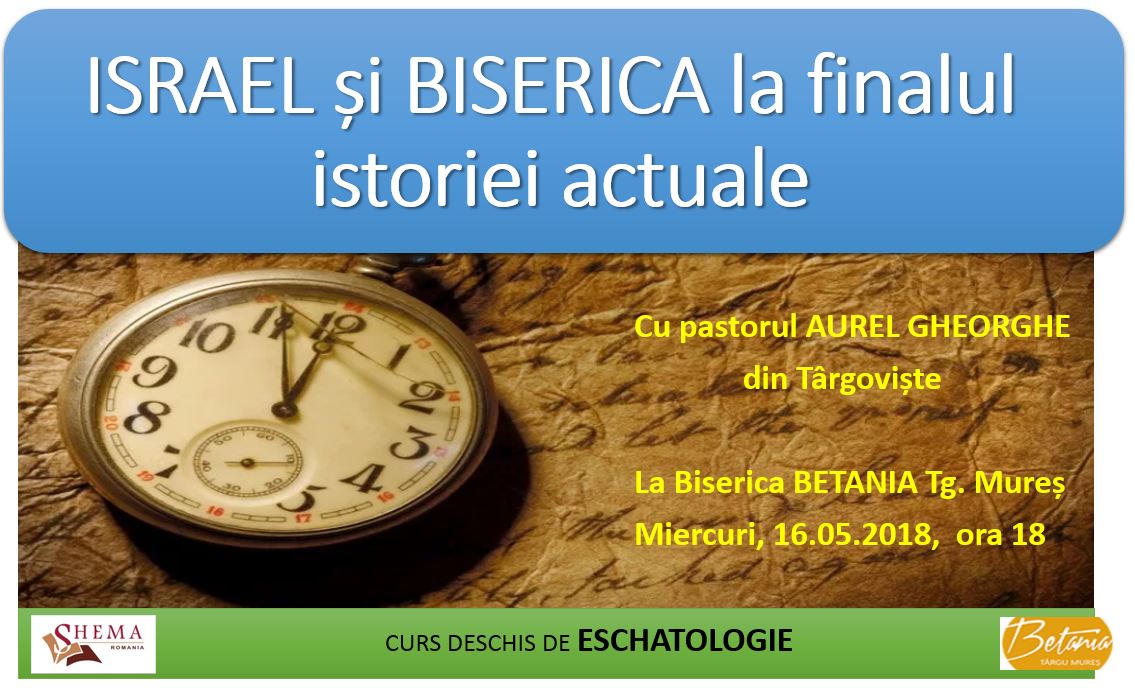













































































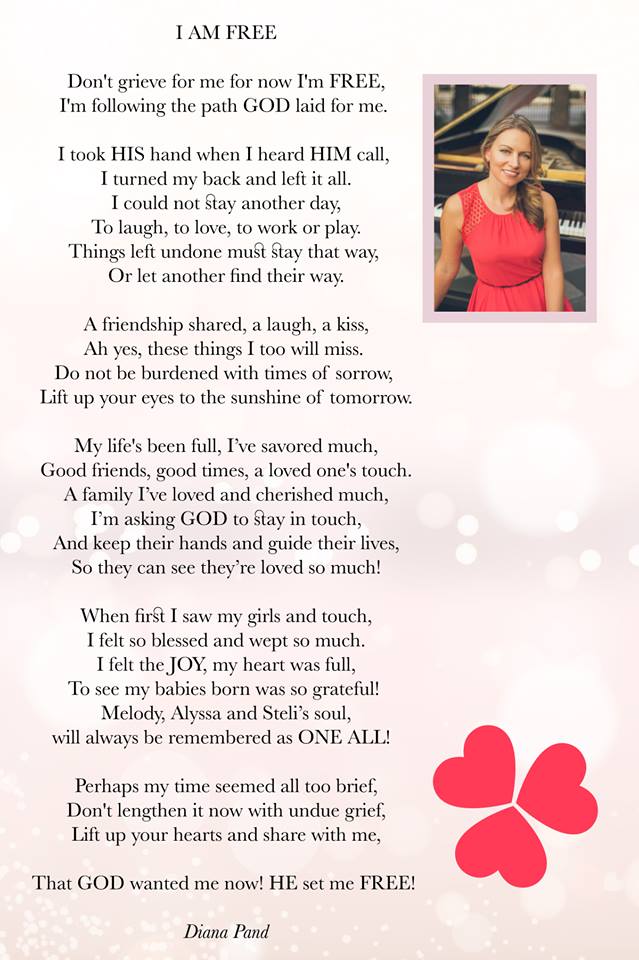


















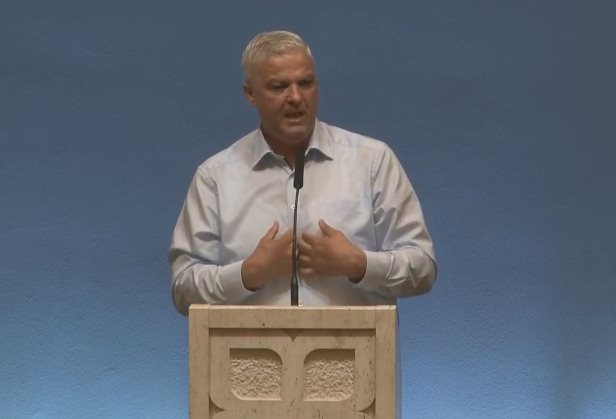
























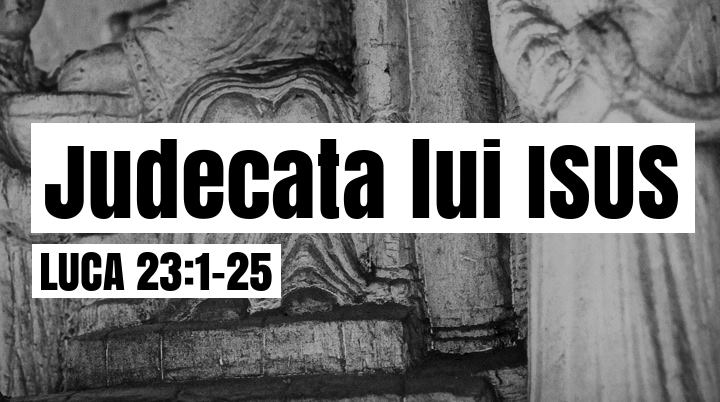







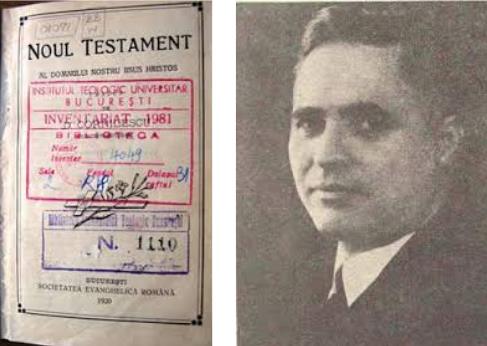






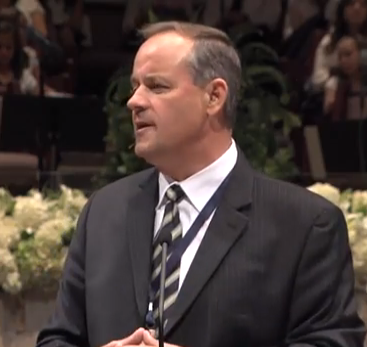





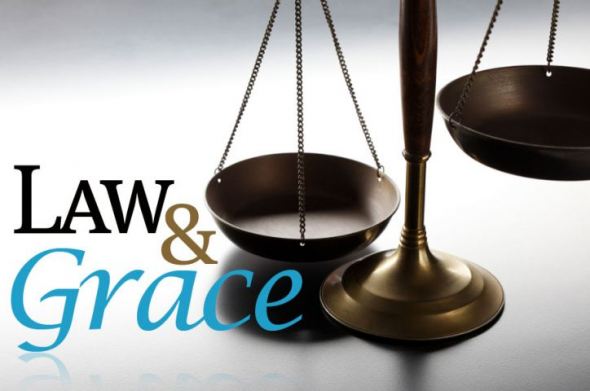



























































































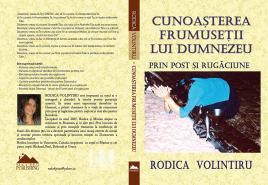










oct. 26, 2012 @ 09:07:15
Great blog post! Dr. Geisler recently started Bastion Books because he was getting more and more requests for e-books. He want’s to keep the price low and also sounds willing to give some of the e-books away (upon request) to Bible schools and Bible teachers outside of the USA. Some of the eBooks (especially the two volume set on the history of philosophy) will be used as textbooks at Veritas Evangelical Seminary, the new seminary which Dr. Geisler helped start.
oct. 26, 2012 @ 09:58:44
Thank you for providing the ebooks and for such great prices too! Recently I was thrilled to find out that some of Dr. Geisler’s books have been translated into the Romanian language and are available in my home country of Romania. Dr. Geisler’s apologetic work is priceless and we are thankful to have him help us contend for the faith in our generation. Many blessings to you and may God make your ministry fruitful!